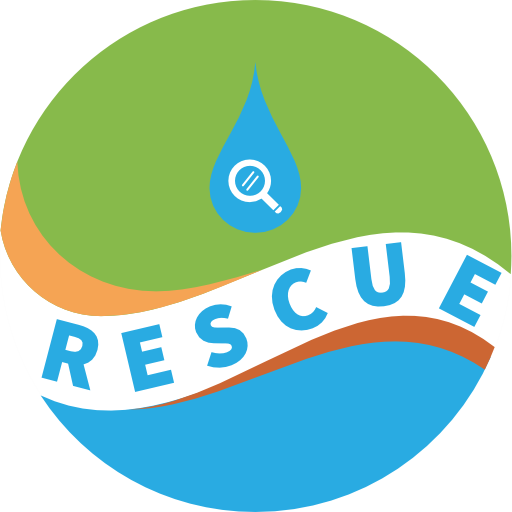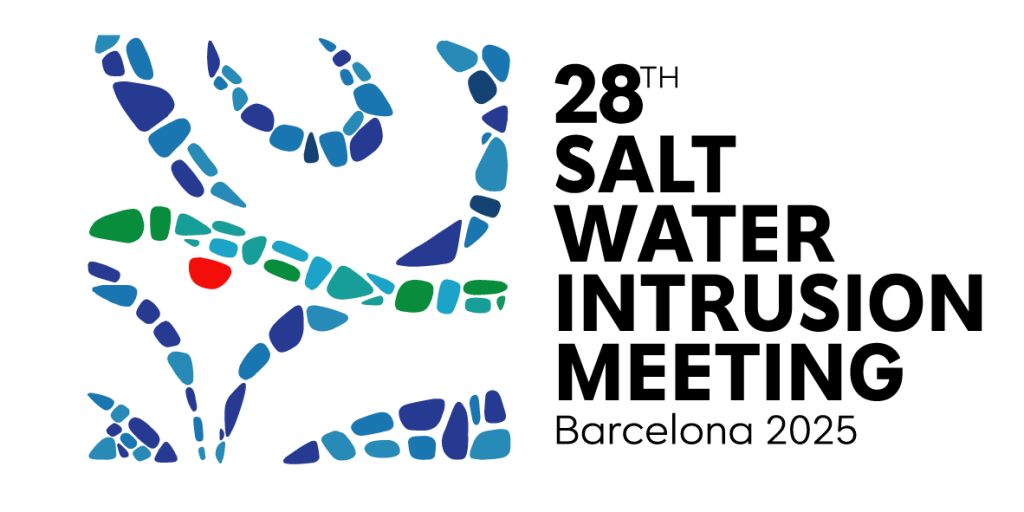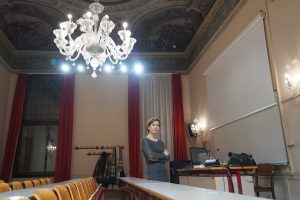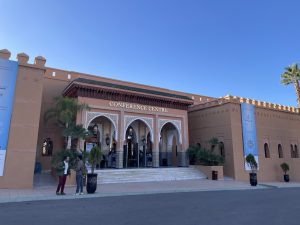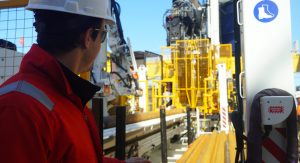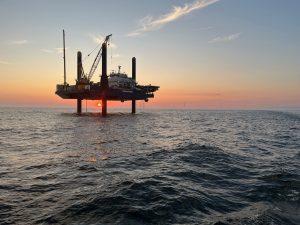The Salt Water Intrusion Meeting (SWIM) is a prestigious scientific conference that has been held every two years across different countries since 1968. SWIM is an essential event for scientists and experts dedicated to understanding and addressing the challenges of seawater intrusion and salinization in coastal aquifers around the world. Multidisciplinary collaboration is therefore a necessity to face these issues, attracting expertise from chemistry, engineering, geology, geophysics, mathematics, physics, hydrology, and water resources management.
This year, the 27th edition of SWIM will take place from 2-6 June in Barcelona, Catalunya in Spain, focusing on the vision: to integrate land and ocean approaches in the study of coastal groundwater. The 2025 Conference will place greater emphasis on integrating seawater intrusion (SWI) and submarine groundwater discharge (SGD).
The organizers have also launched a call for the submission of abstracts on the topic: abstract submission must be done electronically through the congress website, using the template, by 15th February 2025.
For more, go to: SWIM 2025
The Consortium of the Project RESources in Coastal groundwater Under hydroclimatic Extremes (RESCUE), funded by Water 4 All and co-funded by the European Union, is currently working to also bring coastal groundwater into sharp focus in 2025. As a partner in RESCUE, the National Institute of Oceanography and Applied Geophysics – OGS is therefore, delighted to highlight the SWIM event this year.
RESCUE aims to build knowledge on offshore and deep onshore low salinity aquifers in European coastal areas, to evaluate novel freshwater resources, and help secure a steady supply of water to both population and industry, in times of hydroclimatic extremes.
Led by the University of Trieste (UNITS), RESCUE’s objective is to help establish the foundations for the evaluation of new resources for local and regional policy makers, while the global applicability of the outputs will allow upscaling to Europe-wide or other large areas worldwide, where water is needed.
The Consortium of the 36-month long project, which began in March 2024 and ends in February 2027, also includes OGS, Ruden AS, University of Derby (UoD) and University of Malta (UM).

